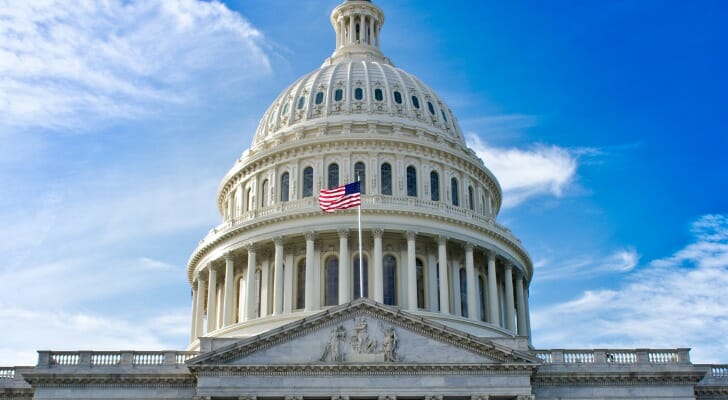Saving for retirement just gets easier and better for workers. Congress install massive amendments that can help 401(k) and IRA accounts contribute a little more money to their future savings.

Saving for retirement just gets easier and better for workers. Congress install massive amendments that can help 401(k) and IRA accounts contribute a little more money to their future savings.
Congress Approved 401(k) And IRA Changes
New regulations that Shake up retirement plans like IRA accounts and 401(k)s, thanks to Congress for passing A series of new laws known collectively as Secure Act 2.0 that will alter how Americans save for retirement at the being of 2023.
The SECURE 2.0 Act of 2022 (PDF), which builds on the SECURE (Setting Every Community Up for Retirement Enhancement) Act of 2019, by providing investors with more alternatives, encourages companies to offer retirement programs.
These adjustments are included in the $1.7 trillion spending package Congress passed late last week, including raising the age at which required minimum distributions (RMDs) must be made, enabling unused 529 funds (tax-advantaged savings plan for college expenses) to roll over penalty-free to a retirement account, and simplifying the retirement savings process for workers who have a student loan.
The Legislation Has Dozens Of Changes
- amendments to RMDs
Starting in 2023, the age cap will rise to 73. However, The age rises to 75 in 2033. As a result, if you turned 72 in 2022, you must take your first RMD by April 1, 2023; but, if you became 72 in 2023, you have until the year you turn 73 to take your RMD. The first withdrawal date will now be on April 1, 2025, as a result, because your first RMD will be for the year 2024.
Moreover, in 2024, a surviving spouse who inherits a retirement account will be treated as the deceased account holder for RMD purposes. This implies that the surviving spouse may be able to postpone RMDs if they are younger than their deceased partner.
Finally, while Roth IRAs, do not now demand required minimum distributions (RMDs), Roth 401(k)s do. These are eliminated by the Secure Act 2.0 for account holders who are still alive.
- The 401(k)
– Roth 401(k), This has been modified by the new law so that employers may now provide Roth matching contributions.
– 401(k) Savings Account, Employers’ saving accounts that are connected to their 401(k)s can now be automatically enrolled by employers.
– 401(k) Emergency and IRA Withdrawals, The legislation will make it simpler for workers to withdraw money from their retirement accounts without incurring penalties in the event of personal or family emergencies such as a terminal illness or natural catastrophe.
– 401(k) automatic enrollment, Speaking of automatic enrollment, the legislation mandates employers starting new retirement plans in 2025 or after to automatically enroll their employees in a 401(k) and 403(b) plan.
– National 401(k) registry, Finally, the bill will establish a national lost-and-found registry for 401(k)s. Currently, states operate their versions, leading to confusion for many employees.




















